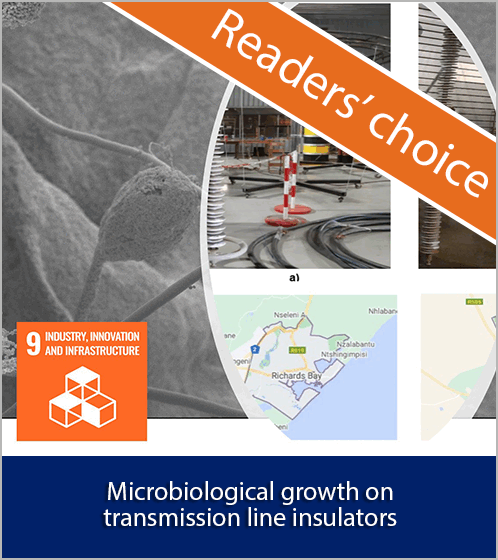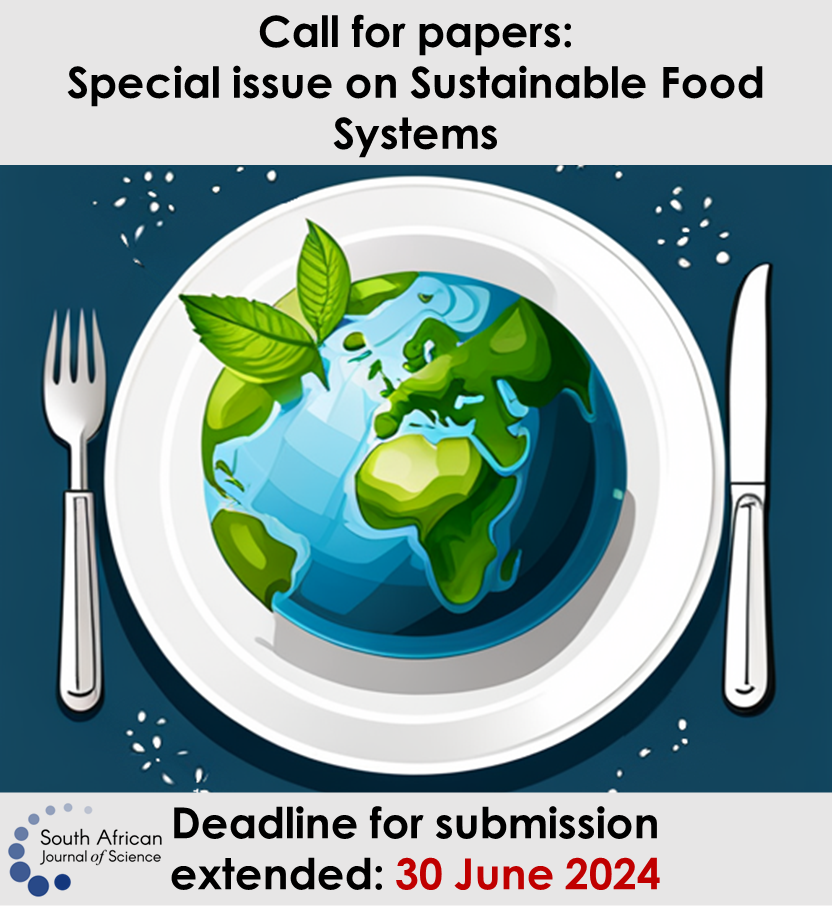Fly ash composting to improve fertiliser value – A review
DOI:
https://doi.org/10.17159/sajs.2015/20140103Keywords:
bioremediation, coal waste management, soil fertility, heavy metals, vermicompostingAbstract
South Africa is increasingly reliant upon coal-fired power stations for electricity generation. Fly ash, a byproduct of coal combustion, contains a high total content of essential plant nutrients such as phosphorus, as well as heavy metals. If the plant nutrient bio-availability in fly ash could be improved, and the toxic element content reduced, fly ash could contribute significantly as a fertiliser source in South African agriculture. In this review, we summarise up-to-date information on the soil fertility and detoxification benefits of fly ash composting, and identify information gaps in this regard. We discuss scientific studies on the potential of fly ash based composts to supply plant nutrients and to contaminate the environment. We also explore the roles of earthworms and microorganisms in improving the decomposition process, and hence the fertiliser value of fly ash composts. Although much progress has been made, further research efforts are required to optimise microbial and earthworm activity in the decomposition process, which could further enhance nutrient supply benefits and reduce toxic elements at higher fly ash incorporation rates.
Published
How to Cite
Issue
Section
License

All articles are published under a Creative Commons Attribution 4.0 International Licence
Copyright is retained by the authors. Readers are welcome to reproduce, share and adapt the content without permission provided the source is attributed.
Disclaimer: The publisher and editors accept no responsibility for statements made by the authors













.png)